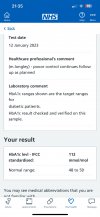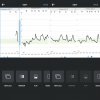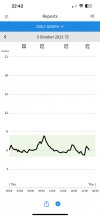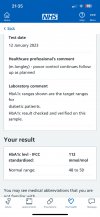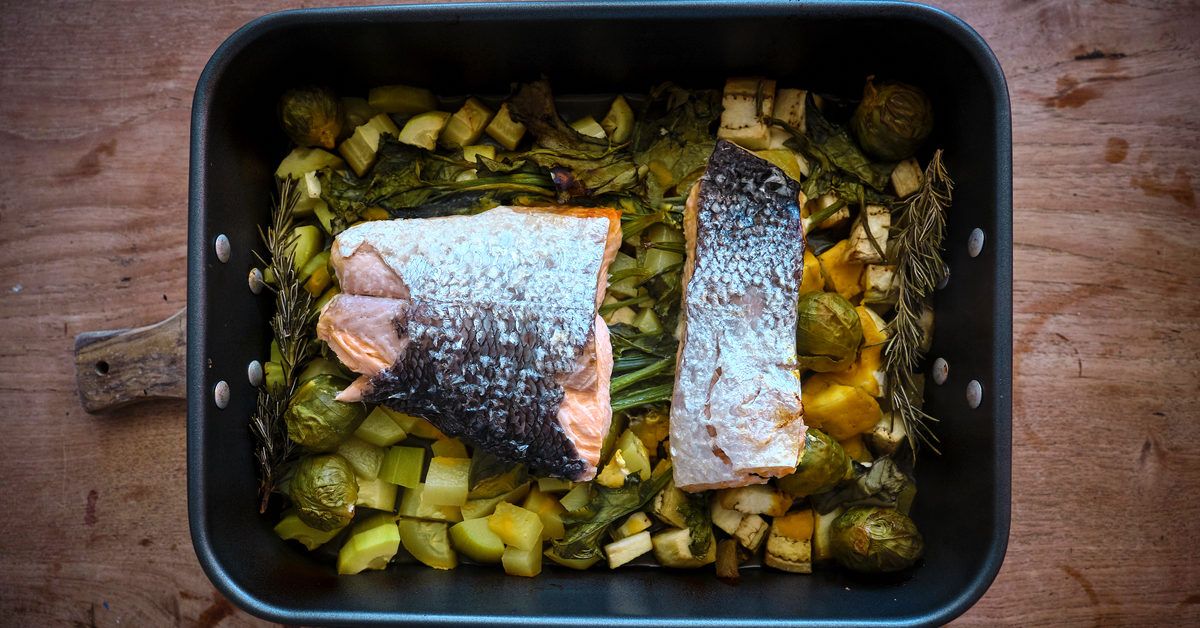Snootybutnice
Well-Known Member
- Messages
- 119
- Type of diabetes
- Prediabetes
- Treatment type
- Diet only
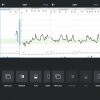

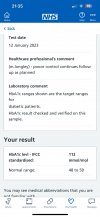
Hi all
I purchased a Freestyle Libre 2 monitor earlier this week (mainly because a month ago I decided to stop taking my Metformin) and one thing I’m noticing is when I wake up at 7:30-8:00am my blood sugar goes from say 5-6.5 to around 8 or so by 9am - and I’ve eaten nothing. I assume this is the dawn phenomenon.
To combat this, I tried walking for half an hour/45 mins around 8:15am onwards to try to get a downward curve in blood sugars before my 9am spike, lbut it doesn’t reduce it. You can see my charts over the last few days and I haven’t started to eat until 3pm most days so what you see before 3pm is mainly fasting bloods. I worry that eating breakfast will send it even higher. I then walk again before I eat at 3pm to help pull my levels down. So today I was pleased at my progress but I now need to find a way of counteracting the 9am high.
Any thoughts about how to do this?

